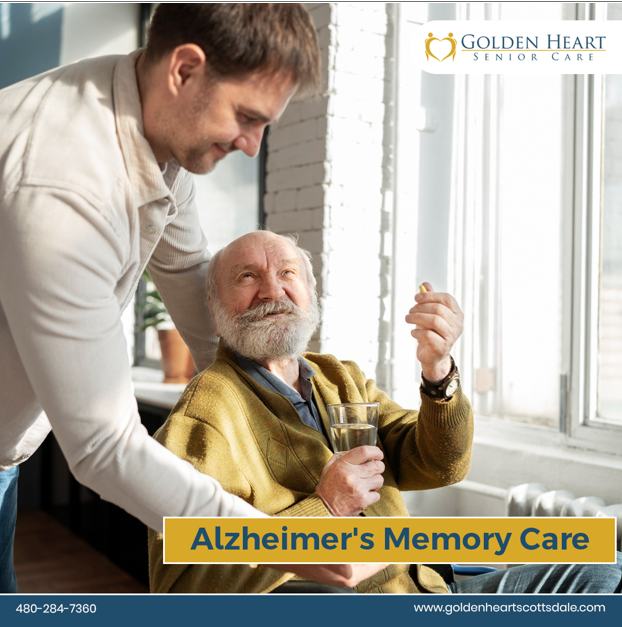Recovering from a hospital stay can feel really overwhelming. You might leave the hospital with instructions, medicines, and follow-up appointments, but getting back to normal life at home isn’t always easy. This is where transitional care helps. It connects hospital care to home recovery. It’s more than just support—it makes recovery smoother, safer, and more personal.
What is Transitional Care?
Transitional care is a type of healthcare service that helps patients move safely from the hospital to home. It makes sure you get the right guidance, your medicines are taken correctly, and any therapy or treatment continues without stopping.
Many people don’t realize how important follow-up support is. Without it, problems like complications, medicine mistakes, or even going back to the hospital can happen. Transitional care acts like a safety net for both patients and families.
Personal Recovery Plans
One big benefit of transitional care is that it focuses on your needs. A nurse, caregiver, or care coordinator makes a plan just for you, based on your health, lifestyle, and home.
For example, after a joint replacement, your plan might include:
- A schedule for medicines and pain relief
- Physical therapy exercises you can do at home
- Follow-up appointments with your doctor
- Advice on food and wound care
This personal approach lowers stress and helps families feel confident knowing their loved one isn’t recovering alone.
Medicine Made Easy
Many patients have trouble managing several medicines at once. Missing doses or taking the wrong combination can slow recovery or be dangerous. Transitional care professionals make sure medicines are organized, explained clearly, and taken on time.
They also watch for side effects and contact doctors if changes are needed. This careful approach prevents problems and helps patients recover faster.
Emotional Support is Important
Recovery isn’t just about the body. Hospital stays can leave patients tired and worried. Transitional care gives emotional support through regular check-ins, reassurance, and encouragement.
This is especially helpful for older adults, including people needing memory care for Alzheimer’s, helping them stay calm and confident during recovery.
Preventing Hospital Readmissions
A big benefit of transitional care is helping patients avoid going back to the hospital. By watching recovery closely, handling health issues early, and making sure follow-up care happens, patients are less likely to face problems that need another hospital visit.
This saves money and lowers stress for patients and families, making recovery smoother and more predictable.
Helping Families Help Patients
Transitional care also supports families. Care teams teach families how to safely care for their loved one at home.
This includes:
- How to help with moving and daily activities
- Spotting warning signs that need medical attention
- Understanding diet and medicine needs
- Tips for making a safe home environment
By giving families the right knowledge, recovery becomes a team effort, building confidence and stronger bonds.
Why Choosing the Right Transitional Care Matters
Recovery often depends on good transitional care in San Tan Valley. Skilled caregivers, clear communication, and plans made for the patient make a big difference. Patients get routines, guidance, and support that help them regain independence faster.
Key Takeaways
At Golden Heart Senior Care, transitional care turns a hard recovery period into a positive experience. Our team works with you and your family, giving hands-on care, personal plans, and encouragement every step of the way. Let us help make the move from hospital to home an easy journey toward health and confidence. Call us today to see how we can support your loved one’s recovery.
FAQs
- What is transitional care after hospital discharge?
Transitional care is support provided after hospital discharge to ensure safe recovery, proper medications, follow-up care, and personalized guidance at home.
- How does transitional care help prevent hospital readmission?
It monitors health closely, addresses complications early, manages medications correctly, and ensures follow-up care, reducing the risk of returning to the hospital.
- Who can benefit from transitional care services?
Older adults, patients recovering from surgery or illness, and individuals needing memory care for Alzheimer’s benefit from personalized transitional care support.
- What services are included in transitional care programs?
Services include medication management, physical therapy guidance, emotional support, family education, routine monitoring, and creating a safe home environment.
- Why is family involvement important in transitional care?
Families provide daily support, help follow care plans, recognize warning signs, and contribute to smoother, safer recovery at home.
Get in Touch
Golden Heart Senior Care
Phone: 480-284-7360
Website: www.goldenheartscottsdale.com
Address: 8111 E. Thomas Rd Ste. 112 Scottsdale, AZ 85251

